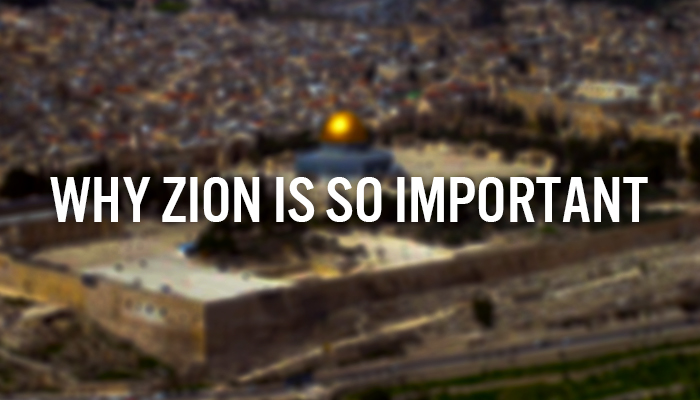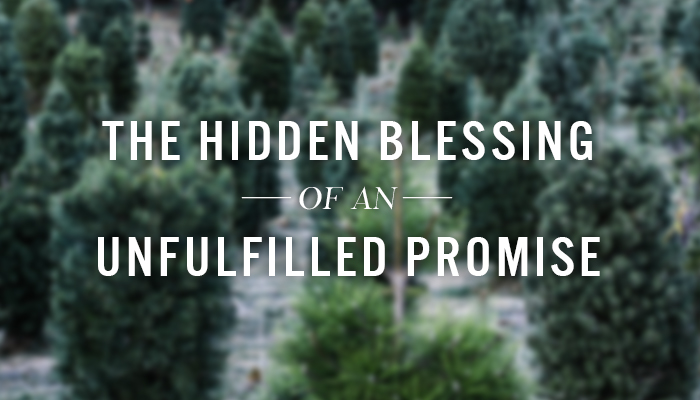
I am writing this post because of an excellent question I received on my Facebook page today from Jon Wages. I had placed this meditation on my page:
“Give to everyone who asks of you” (Luke 6:30). Even if you can’t give them what they request, give them something.
Jon sent this question in response:
“Do you feel the exception of people only trying to ‘pull a fast one’ is included in this? Is it ok to give even when you know they will use it on bad things? Asking because I have wondered about that every time I read that verse. Thanks for the thoughts!”
What a great question! Worded a different way, should a Christian give alms to people that will use those funds to purchase addictive substances such as alcohol, cigarettes, or drugs, or squander them on things like lottery tickets?
While many people are poor through misfortune or lack of opportunity, the fact is that some people are poor because of foolish steward practices and sinful lifestyles. When giving to poor people in that second category, your gifts to them are often used to support their sinful lifestyles.
And that is one reason Jesus and the Scriptures call upon the righteous to give to the poor. When you give to those who are likely to abuse the funds given to them, you discover whether you are truly giving from the heart to Jesus. As it says in Prov. 19:17, “He who has pity on the poor lends to the LORD, and He will pay back what he has given.” When in almsgiving you give from the heart to Jesus, He always remembers.
Almsgiving is like a refining fire in the heart of the giver. This is why Jesus said, “But rather give alms of such things as you have; then indeed all things are clean to you” (Luke 11:41). As a refining agent, almsgiving cleanses the soul. One of the first things it cleanses is the constant tendency in our hearts toward greed and materialism. Greed never stops trying to overgrow the heart. Almsgiving must be a constant practice in the life of the believer, continually hacking back the ever-encroaching tentacles of greed.
In terms of practical application, here’s how I practice almsgiving. When I am giving to someone that I expect will use my gift toward purchasing addictive substances, I give smaller amounts. When I believe that my gift will go to nobler purposes, I am more generous. The more confident I am in the channel (e.g. printing Bibles for people in poor or oppressed nations), the more generous I become.
Thank you, Jon, for your question!




